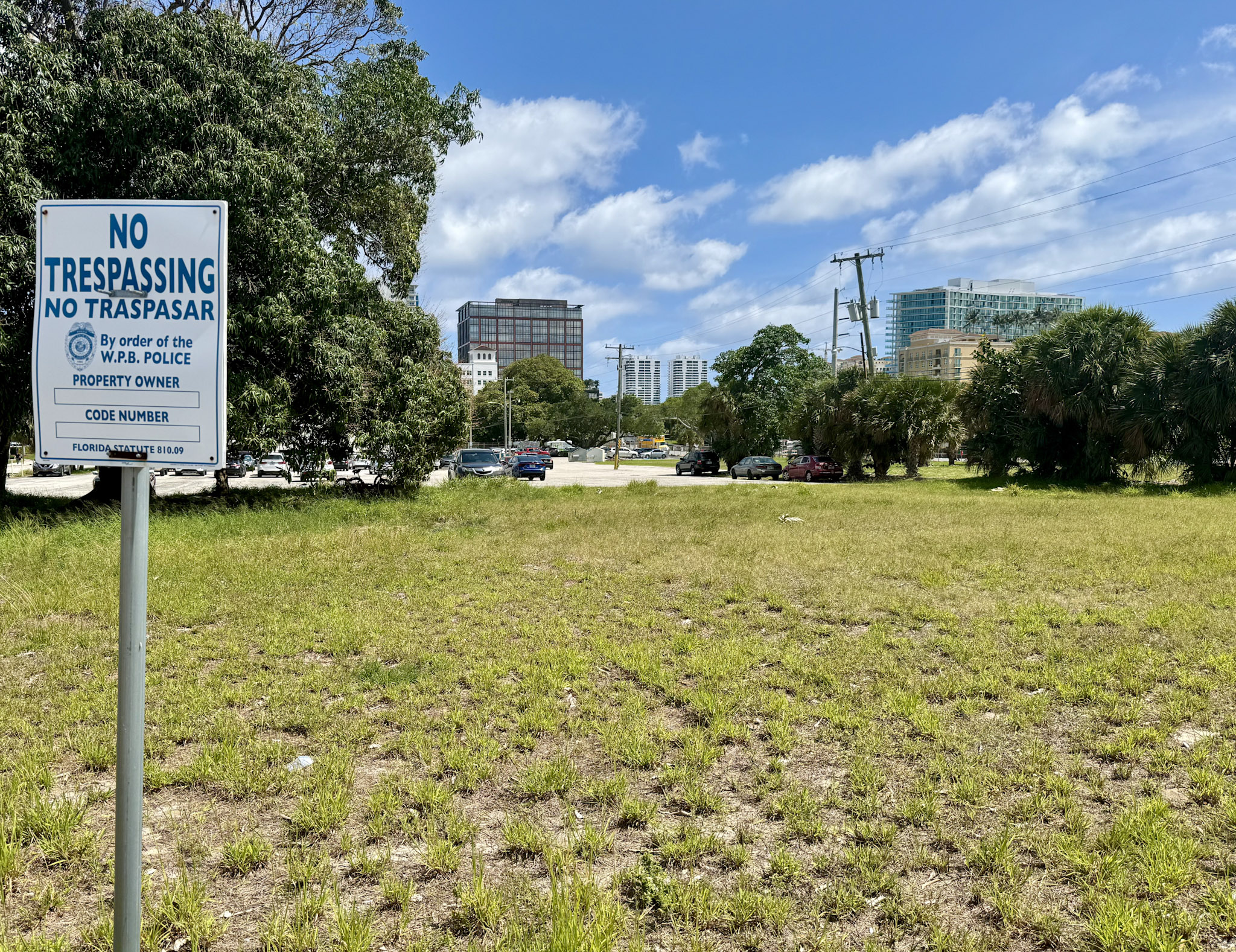Report on Resumption of Recycling Collection in Montrose and Its Alignment with Sustainable Development Goals (SDGs)
Introduction
After several weeks of delays, Solid Waste Management (SWM) trucks have resumed recycling collection in Montrose, Houston. This development addresses significant community concerns and aligns with the United Nations Sustainable Development Goals (SDGs), particularly SDG 11 (Sustainable Cities and Communities), SDG 12 (Responsible Consumption and Production), and SDG 13 (Climate Action).
Background and Community Impact
Residents of the Hyde Park neighborhood in Montrose experienced a lack of recycling collection for approximately four weeks. This disruption prompted community members to seek alternative solutions to manage their recyclable waste.
- Kristin and Roy Schlinkert reported their recycling bin remained uncollected for about four weeks, leading them to share bin space with neighbors.
- Other residents noted that such delays were unprecedented in their three years of residence.
- Virginia Smith from Glenwood Forest, Northeast Houston, reported no recycling pickup since May 29.
Statistical Overview of Service Requests
The delays resulted in a significant increase in service requests for missed recycling pickups submitted to the city’s 311 system:
- 7,412 requests in June
- 3,081 requests in May
- 1,638 requests in April
Community Sentiment and Expectations
- Residents expressed skepticism about the reliability of future recycling services.
- Despite concerns, some remain hopeful for improvements.
Factors Contributing to Recycling Collection Delays
City officials identified multiple factors responsible for the delays:
- Impact of public holidays affecting service schedules
- Maintenance requirements for Solid Waste Management trucks
- Implementation of new systems by the interim SWM director
Expert Analysis and Recommendations
Mark Wilfalk, former SWM director, highlighted systemic issues contributing to the delays:
- Understaffing within the Solid Waste Management department
- Deferred maintenance of equipment
- Insufficient funding across multiple city administrations
Wilfalk emphasized the necessity for the City of Houston to prioritize solid waste management to prevent future service disruptions, directly supporting SDG 11 by promoting sustainable urban infrastructure.
City Administration Response
A spokesperson for Mayor John Whitmire’s office issued a statement affirming commitment to resolving the backlog and improving recycling services:
- The new SWM Director is actively installing systems to enhance recycling schedules.
- A comprehensive report on departmental issues and improvement plans will be presented to Houston City Council on July 9.
- Commitment to transparency aims to keep the administration and residents informed.
Conclusion and SDG Implications
The resumption of recycling collection in Montrose marks a critical step toward sustainable waste management practices in Houston. Addressing the challenges faced by the Solid Waste Management department contributes to achieving several SDGs:
- SDG 11: Enhances sustainable cities and communities by improving waste management infrastructure.
- SDG 12: Promotes responsible consumption and production through effective recycling programs.
- SDG 13: Supports climate action by reducing landfill waste and associated emissions.
Ongoing efforts by city officials and community engagement remain essential to ensure the sustainability and reliability of recycling services in Houston.
1. Sustainable Development Goals (SDGs) Addressed or Connected
- SDG 11: Sustainable Cities and Communities
- The article discusses waste management and recycling services in Houston neighborhoods, which relates to making cities inclusive, safe, resilient, and sustainable.
- SDG 12: Responsible Consumption and Production
- The focus on recycling collection and waste management directly connects to sustainable consumption and production patterns.
- SDG 6: Clean Water and Sanitation
- Proper solid waste management helps prevent pollution and protects water quality, indirectly supporting this goal.
- SDG 3: Good Health and Well-being
- Effective waste management reduces health risks associated with waste accumulation and pollution.
2. Specific Targets Under Those SDGs Identified
- SDG 11: Sustainable Cities and Communities
- Target 11.6: Reduce the adverse per capita environmental impact of cities, including by paying special attention to air quality and municipal and other waste management.
- SDG 12: Responsible Consumption and Production
- Target 12.5: Substantially reduce waste generation through prevention, reduction, recycling, and reuse.
- SDG 6: Clean Water and Sanitation
- Target 6.3: Improve water quality by reducing pollution, minimizing release of hazardous chemicals and materials, and substantially increasing recycling and safe reuse globally.
- SDG 3: Good Health and Well-being
- Target 3.9: Reduce the number of deaths and illnesses from hazardous chemicals and air, water, and soil pollution and contamination.
3. Indicators Mentioned or Implied to Measure Progress
- Indicator for Target 11.6:
- Proportion of urban solid waste regularly collected and with adequate final discharge out of total urban solid waste generated, implied by the article’s focus on recycling collection delays and service requests.
- Indicator for Target 12.5:
- National recycling rate, implied by the article’s emphasis on recycling collection resumption and backlog elimination.
- Indicator for Target 6.3:
- Proportion of wastewater safely treated and proportion of bodies of water with good ambient water quality, implied indirectly through the importance of waste management to water quality.
- Indicator for Target 3.9:
- Mortality rate attributed to unsafe water, unsafe sanitation, and lack of hygiene, implied by the article’s concern about health impacts from waste management inefficiencies.
- Additional Implied Indicator:
- Number of service requests for missed recycling pickups (7,412 requests reported), which can be used as a local performance indicator of waste management service efficiency.
4. Table: SDGs, Targets and Indicators
| SDGs | Targets | Indicators |
|---|---|---|
| SDG 11: Sustainable Cities and Communities | Target 11.6: Reduce adverse environmental impact of cities including waste management | Proportion of urban solid waste regularly collected and with adequate final discharge |
| SDG 12: Responsible Consumption and Production | Target 12.5: Substantially reduce waste generation through prevention, reduction, recycling, and reuse | National recycling rate; local service efficiency measured by number of missed recycling pickup requests |
| SDG 6: Clean Water and Sanitation | Target 6.3: Improve water quality by reducing pollution and increasing recycling and safe reuse | Proportion of wastewater safely treated; ambient water quality indicators (implied) |
| SDG 3: Good Health and Well-being | Target 3.9: Reduce deaths and illnesses from pollution and contamination | Mortality rate attributed to unsafe water, sanitation, and hygiene (implied) |
Source: khou.com







